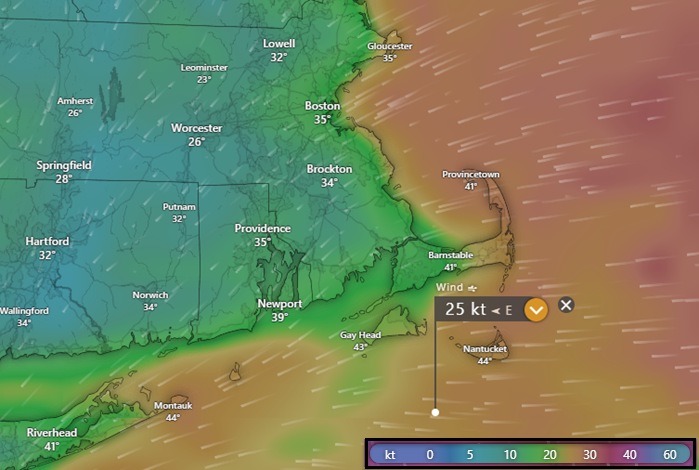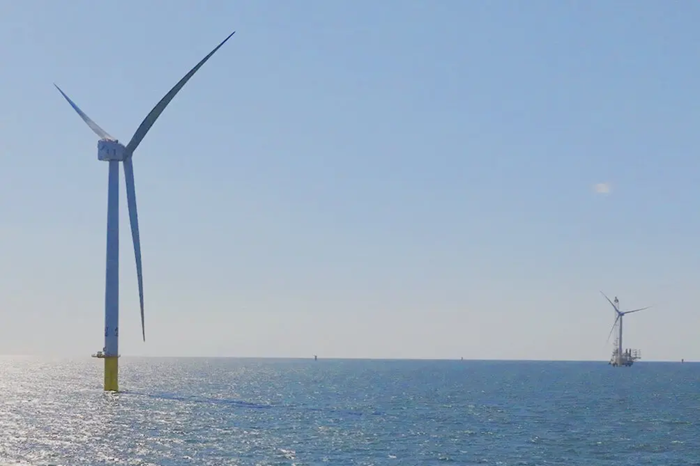What is the relationship between excellence and joy?
Is joy the reward for excellence achieved? Or is joy what fuels us on our path to excellence?
I like to play Irish music on the tin whistle. It brings me joy. The other night I decided to go to a traditional music session at a local Irish pub. A session is a kind of open night where anyone can show up and play tunes together. In theory, anyway. But I quickly learned I was in way over my head. The regulars there, some of them professional musicians, played tunes I didn’t know at a blistering speed. I smiled gamely and mostly listened, a mute whistle in my hand. It was painful. Compared to them, I was a crappy player. How ridiculous for me to think I could play with them! For that evening, at least, the joy drained away.

Image by Midjourney
Which would you rather have? Excellence without joy, or joy without excellence?
It seems like it should be an easy question, but it’s not, because humans are exquisitely tuned to social markers of achievement… subjective happiness be damned. Daniel Kahneman is a psychologist who has spent years studying happiness and reward. He has observed that, contrary to what you might think, people don’t seek happiness: “They actually want to maximize their satisfaction with themselves and with their lives. And that leads in completely different directions than the maximization of happiness. Life satisfaction is connected to a large degree to social yardsticks—achieving goals, meeting expectations.”
Yardsticks and expectations. But according to whom? Who are these gatekeepers of excellence? The short, strange answer is that we often barely know or care. We want so badly to be scored and ranked that we are willing to cede this authority to almost anyone. This is bad news when it comes to joy.
“Comparison is the thief of joy,” goes the saying. Seeking excellence won’t make you happy in the short term, but that doesn’t make it a bad thing. But you need to be suspicious of your gatekeepers. That’s the lesson I take away. Trust joy. Develop a sensitive nose for it. There are no gatekeepers for joy. The early signals are often weak, but they are vital. And when it’s time to compare, question the gatekeepers of excellence. Why do you care about what they care about? Why should their expectations be your expectations? When it comes to motivation, it’s remarkable how much of the heavy lifting is actually done by joy’s evil twin, shame. We often don’t pursue joy so much as seek to blot out shame. “I’ll show those bums in the Irish pub when I show up with my gold-plated whistle and my mad skills…” Shame aversion is a terrific way to reach that dubious double crown: joyless mediocrity. Joy is a weaker signal than shame, but a truer friend.
My wife Wendy loved to swim. She was part of a Masters swim team that practiced weekly and had regular competitions. Wendy worked hard at it and she was good. But even after a lifetime of swimming, she was never “great”, never super fast, never in the top ranks. Wendy’s sister Nancy was also a swimmer. When they were both young, Nancy was a state champ, a phenomenon. A paragon of excellence. She was the swimmer you would want to be. But by the time she left college, she was sick of it. Bad coaches had made her miserable. Too much work, not enough joy. Nancy gave up swimming. But Wendy swam for the rest of her life. With or without trophies, it was a source of the deepest joy for her.
That is excellence enough.

